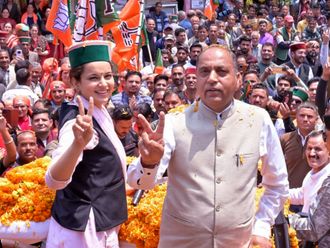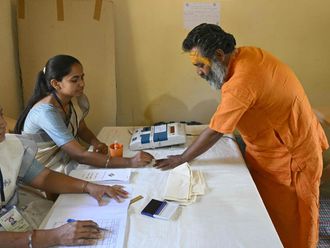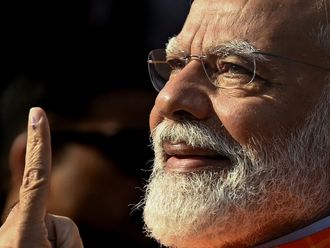Islamabad Saudi Arabia is quietly urging the Pakistan government to reconsider its decision to pursue energy cooperation with Iran, said a local newspaper quoting Arab diplomatic sources in Islamabad.
The report said this was the crux of a message from the Saudi King conveyed by Saudi Deputy Foreign Minister Prince Abdul Aziz Bin Abdullah in his meetings here on Tuesday with Pakistani leaders.
Riyadh, it said, offered an ‘alternative package' to meet Islamabad's growing energy needs in an effort to persuade it to abandon the Iran gas pipeline and electricity/oil import deals — plans which the US has been strongly opposing.
The deputy foreign minister's visit closely followed a trip by Saudi Culture and Information Minister Dr Abdul Aziz Bin Mohiuddin Al Khoja last week, which coincided with Chief of Army Staff General Ashfaq Parvez Kayani's visit to Saudi Arabia.
According to a Foreign Office statement the Saudi deputy foreign minister said during the meetings that Pakistan and Saudi Arabia enjoyed commonality of views on regional and international challenges and the visit afforded him an opportunity to discuss these, and how to address them."
Saudi Arabia is said to have offered a loan and oil facility to bail Pakistan out of its financial and energy crises, the newspaper report claimed and quoted an unidentified Pakistani official as saying the offer would be discussed at the Pakistan-Saudi Arabia joint ministerial meeting earlier.
The Pakistan Peoples Party-led government has been deeply troubled by the acute shortage of electricity with no solution in sight to bridge the gap of several thousand megawatt between nationwide demand and supply. The national economy is said to have suffered badly as a result.
The Asian Development Bank (ADB), says the Pakistan economy "continues to be affected by structural problems, including a domestic energy crisis, a precipitous decline in investment, persistently high inflation, and security issues."
Budget deficits remain high, driven by substantial subsidies and losses at state-owned enterprises, and tax revenue below target," said an ADP report released yesterday.












